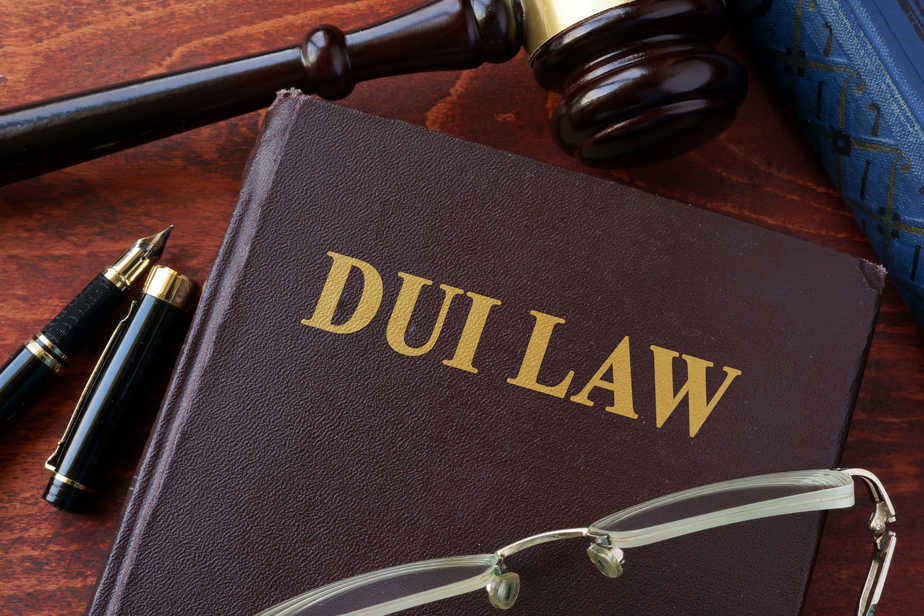Introduction
As disturbing as it is true, driving under the influence (DUI) remains a significant danger on our roads. Over the last decade, we’ve seen an upsurge in DUI offenders and subsequent accidents, despite numerous public awareness campaigns and stringent penalties. A staggering number of these incidents involve underage drivers, demonstrating a frightening escalation in underage drinking and driving incidents.
Examining DUI Risk Factors
When we talk of DUIs, it is often easy to generalize, but the risk factors vary widely. For instance, those struggling with alcohol addiction are at high risk, as are those who routinely engage in binge drinking. Other factors include one’s social environment, with those in high-stress jobs or unstable home situations more prone to DUI offenses. There’s also the genetic aspect, where the tendency for addiction and therefore, the risk for DUIs, may increase.
Understanding High-risk DUI Offenders
Interestingly, not all DUI offenders are the same. Some are labeled ‘high-risk DUI offenders,’ typically characterized by repeat offenses. This term often refers to individuals who have a high blood alcohol content (BAC) level, far exceeding the legal limit when apprehended. These individuals often exhibit a chronic pattern of risky alcohol consumption, leading to repeat offenses and, in many cases, drunk-driving accidents.
The Risk of DUI by Age
Most shocking, perhaps, is the age of people most likely to drink and drive. Statistics paint a glaring picture – underage drivers, specifically teenagers, have some of the highest DUI rates. This demographic is exemplified by its risk-taking behavior, willingness to experiment, and peer pressure considerations. These behaviors, along with a lack of driving experience, make teenagers particularly high-risk for DUI.
Drunk Driving from the National Highway Traffic Safety Administration provides a comprehensive look at the dangers drunk driving poses, while Impaired Driving: Get the Facts from the Centers for Disease Control and Prevention gives more statistics on DUI incidents. For a powerful examination of the problem with a focus on young drivers, see Mothers Against Drunk Driving’s Statistics on Underage Drinking.
Drunk Driving Consequences
The sentence that follows a DUI conviction is far more than just paying a hefty fine or even potential jail time. The repercussions extend into every facet of an offender’s life. For instance, DUI offenders could see their car insurance rates skyrocket, affecting their financial wellbeing. A DUI conviction can also impact your career and future as some industries may be reluctant to hire those with a DUI record. Another noteworthy impact is on one’s personal relationships; the strain and stress of dealing with a DUI can lead to discord and even breakup of families.
Strategies for Drunk Driving Prevention
To curb the number of DUI offenses, awareness about substance abuse and the risks of driving under the influence, such as binge drinking, need to be emphasized. Actions as simple as designating a sober driver or using rideshare services can help avoid DUI charges. Importantly, educating young drivers about the risks of teenage DUI could also reduce the number of DUI cases among younger age groups.
Insights on DUI Laws
Understanding the DUI laws can both deter individuals and assist those who have unluckily found themselves tangled in a DUI case. A DUI arrest can have severe impacts, such as needing legal help, facing warrantless breathalyzer and blood tests, and having stained records that can affect individuals’ future endeavors.
Conclusion
In conclusion, the dangers of drunk driving can not be overstated. From damaging life-altering consequences to devastating legal repercussions, the cost of DUI extends beyond anything material. The importance of DUI prevention campaigns, better legislation, and individuals taking personal responsibility to never drink and drive can’t be overemphasized. Together, through these collective efforts, we can strive to make our roads safer for everyone.
Don’t wait until it’s too late, contact us now for more support or information about DUI risks and prevention strategies. Our team is always eager to help and guide you. Visit our blog to stay updated on the latest posts about DUI laws, risk factors, and preventive measures. If you’d prefer a more personal discussion, don’t hesitate to call us now. Together, we can curb the number of DUI offenses and strive for safer communities.
Dangers Of DUI - Frequently Asked Questions (FAQ)
Young adults, particularly males, generally represent the demographic category most at risk for a DUI offense. Those who indulge in binge drinking and those with a history of substance abuse are also at significant risk.
Beyond legal consequences, the repercussions of a DUI conviction can extend into personal life as well. It may impose financial burdens, disrupt family relationships, and lead to significant stigma and stress. A DUI conviction may also affect your career prospects and future opportunities.
Effective strategies to prevent DUI offenses may include public awareness campaigns, stringent enforcement of DUI laws, and education about the severe consequences associated with drunk driving. On a personal level, planning ahead by designating a sober driver or making use of ride-share services when planning to consume alcohol can significantly reduce the risk of DUI offenses.
Understanding DUI laws can deter individuals from drunk driving by making them aware of the severe consequences involved. Furthermore, if a person is unfortunate enough to get entangled in a DUI case, knowledge of DUI laws can aid in navigating the legal process more effectively.
Yes, though it may be challenging. Support from loved ones, counseling, education, and in some cases, legal assistance, can help an individual rebuild their life after a DUI conviction. Some states also offer expungement processes to erase the DUI charge from one’s record, although not everyone will qualify for this.

